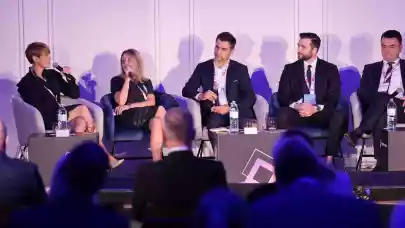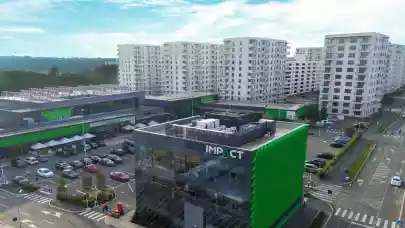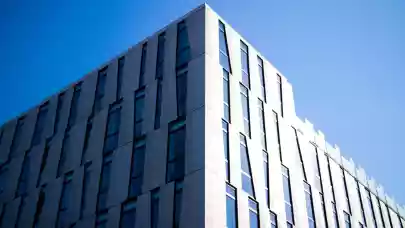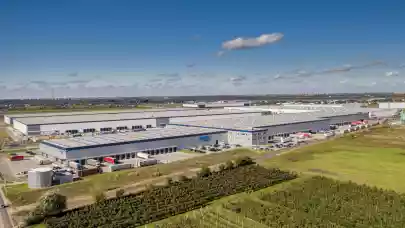
Panellists were unanimous at the discussion on investments in SEE countries at CEE Property Forum 2022 in Vienna. They agreed that the lack of investment products is the biggest hurdle in the CRE market in that region while developers and banks should rethink their long-term strategies as economic pressure mounts every day.
Investors have not been keen on spending much money on commercial properties in SEE countries this year. This is due to the overall economic crisis which is around the corner now. Next year seems to be more difficult and institutional and private investors will be even more cautious because of the mounting uncertainties, Chair of the panel Maja Ostanek, Director at ALFI Real Estate Fund stated at the beginning of the discussion.
She emphasized that investors usually make no big difference between the countries of the SEE region but there are some points to consider while making assessments. The size of the markets is different, some market segments are matured and country risks diverge.
Róbert Mitterpach, CFO at Corwin said that though Slovenia is widely considered a safe harbour for any property investment the country struggles to create more chances as the office supply is very limited. „The majority of office buildings are owned by tenants and on top of that, there are no certified buildings at the moment. Both make it very difficult to present new properties to the investors.”
He blamed banks for not being flexible with potential investors and said that a €100+ mn loan is almost impossible to get. He added that if a transaction is coming finally „we see club deals only”.
Stevan Lojović, Group Development Director at Bluehouse Capital agreed and urged banks to share risks with investors and developers who face increasing costs as they try to keep yields between 6,5 and 8 per cent. But he went on to say that the next six months will be a period of silence as banks will reestimate risks.
He also spoke about the increasing demand for FDI in the real estate industry and the harmful character of corruption as for the money coming from international funds.
„Funds from the EU should go to infrastructural projects mainly, the region badly needs new modern roads and logistics centres”, he said.
Investors see Croatia as a land of new opportunities as it will benefit from being a member of the eurozone and the Schengen system from January next year. Country risk will decrease, and loans will be available much easier than now, stressed Mirta Ceranac Poljak, Managing Director at M7 Real Estate. But she acknowledged that standards of the CRE market still have to be implemented fully, as it happened in many of the CEE countries. „Lease terms for instance are not standardized and this makes investors undecided”.
Currency risk practically does not exist and the tax rate is very competitive in Bulgaria, added Yavor Kostov, the Managing Partner at Cushman & Wakefield Forton. The office market is near complete maturity and start-ups are at the forefront to lease space for their businesses in „A” grade buildings. Despite the coming downturn, approximately 400,000 sqm of retail space is planned in retail parks across the country, he informed.
Industrial properties are underdeveloped in Bulgaria though a lot of multinationals are present for example in the automotive sector which will require logistics facilities shortly. According to the expert, CTP is the most active developer in this segment. Local firms avoid starting a new project in places suitable for that CTP and therefore opt for smaller towns and smaller-sized investments.



